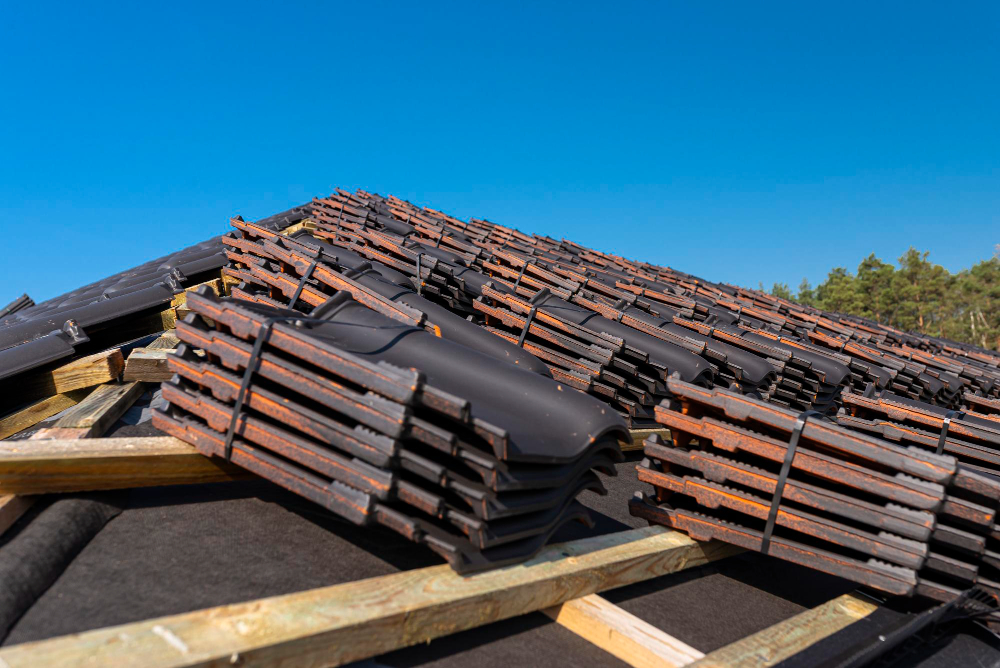


A roofing project is a significant undertaking. Whether you're replacing a few worn-out shingles or installing an entirely new roof, one thing is certain: you're going to generate a lot of waste. From old shingles and underlayment to packaging and leftover materials, managing debris is a critical part of the job. This is where a roll off dumpster rental becomes an indispensable tool for both homeowners and contractors.
Renting a dumpster simplifies the cleanup process, keeping your job site safe, organized, and efficient. Instead of making multiple trips to the landfill or letting debris pile up, you can toss everything into one convenient container. This guide will walk you through everything you need to know about using a roll off dumpster rental for your next roofing project in Orlando, FL, from choosing the right size to understanding what can be disposed of.
Attempting a roofing project without a designated waste solution can quickly turn into a logistical nightmare. A roll off dumpster provides a centralized location for all debris, offering several key advantages.
First, it enhances safety. Loose shingles, nails, and other debris scattered around a property create serious hazards. A dumpster contains this waste, reducing the risk of trips, falls, and injuries. It also protects the property's landscaping from damage caused by piles of sharp or heavy materials.
Second, it boosts efficiency. Having a dumpster on-site means you don't have to stop work to haul away debris. This saves valuable time and labor, allowing you or your crew to focus on completing the roofing job. For contractors, this means you can finish projects faster and move on to the next one, improving your bottom line.
Finally, it ensures compliance with local regulations. Many municipalities, including Orlando, have specific rules for waste disposal. A professional dumpster rental company ensures that your roofing debris is handled and disposed of correctly, keeping you in compliance and avoiding potential fines.
Selecting the appropriate dumpster size is crucial for a smooth roofing project. If you rent one that's too small, you'll face the extra cost and hassle of needing a second container. If it's too large, you'll be paying for unused space. The right size depends on the scale of your project and the type of roofing material.
Roofing shingles are surprisingly heavy. A "square" of roofing, which covers 100 square feet, can weigh between 150 and 450 pounds, depending on the material. Asphalt shingles, one of the most common types, typically weigh 200-250 pounds per square. Heavier materials like architectural shingles or slate will weigh significantly more. When estimating the total weight, remember to account for multiple layers if you're removing an old roof.
When you contact a dumpster rental company, provide them with the details of your project—including the roof size in square feet and the type of shingles—so they can help you select the perfect size.
While roll off dumpsters are perfect for most roofing debris, it's important to know what is and isn't allowed. Mixing prohibited items can lead to extra fees or rejection at the landfill.
Certain materials cannot be placed in a standard roll off dumpster due to environmental regulations and safety concerns. These often include:
Always confirm with your dumpster rental provider in Orlando, FL about their specific restrictions to avoid any issues.
Renting a roll off dumpster is a straightforward process. Here’s a step-by-step look at what you can expect:
A roll off dumpster rental is an essential component of any successful roofing project in Orlando, FL. It streamlines the cleanup process, keeps your site safe, and ensures you comply with disposal regulations. By choosing the right size and understanding the guidelines, you can make your roofing job significantly easier and more efficient.
If you're planning a roofing project and need a reliable waste management solution, we're here to help. At Tip Top Containers, we offer a range of dumpster sizes to fit any job, big or small. If you're looking for a roll off dumpster rental in Orlando, FL, contact Tip Top Containers today to request a quote.